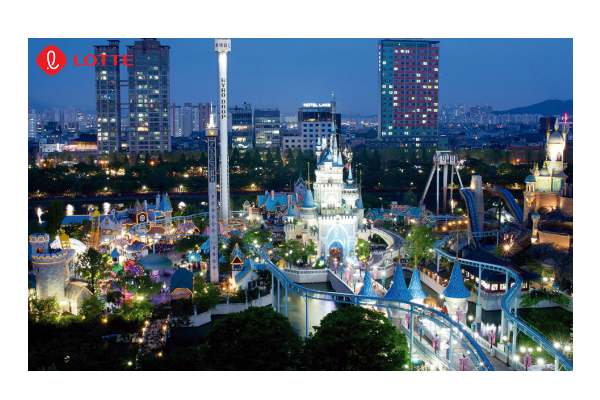How LOTTE is becoming a hospitality powerhouse
Ever wonder why the LOTTE Tourism/Service business is such a common sight in APAC—and and soon to be international-markets? First-mover advantage, an innovative spirit and a sharp M&A strategy.
by Staff Writer

Sign In
Trouble signing in?
